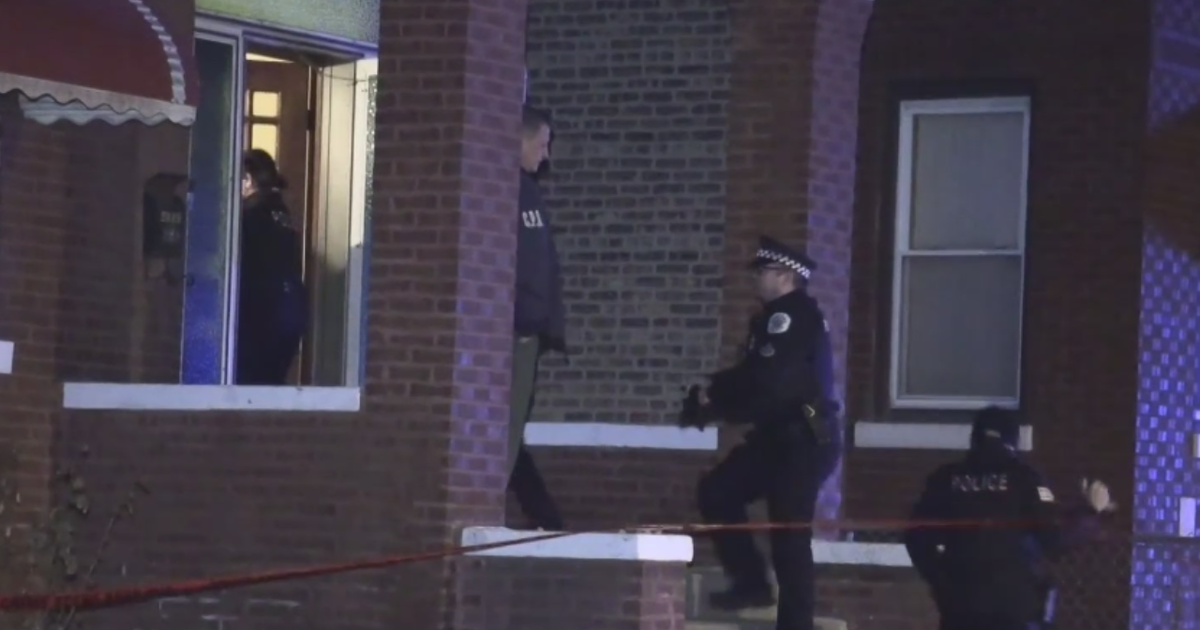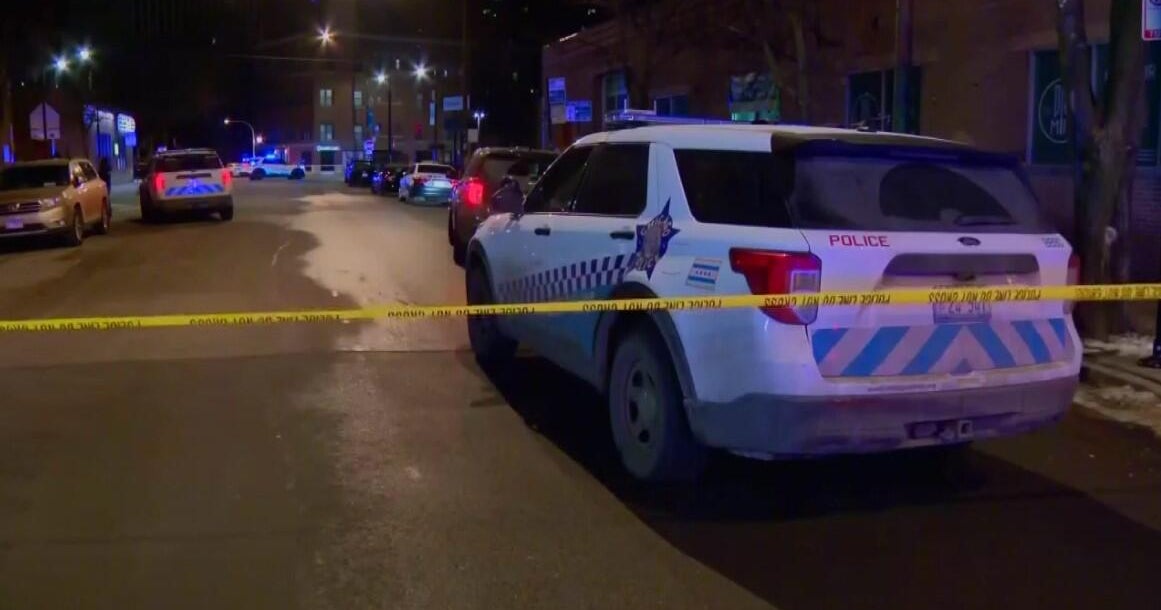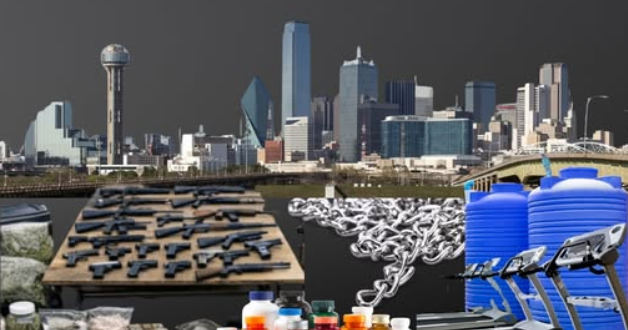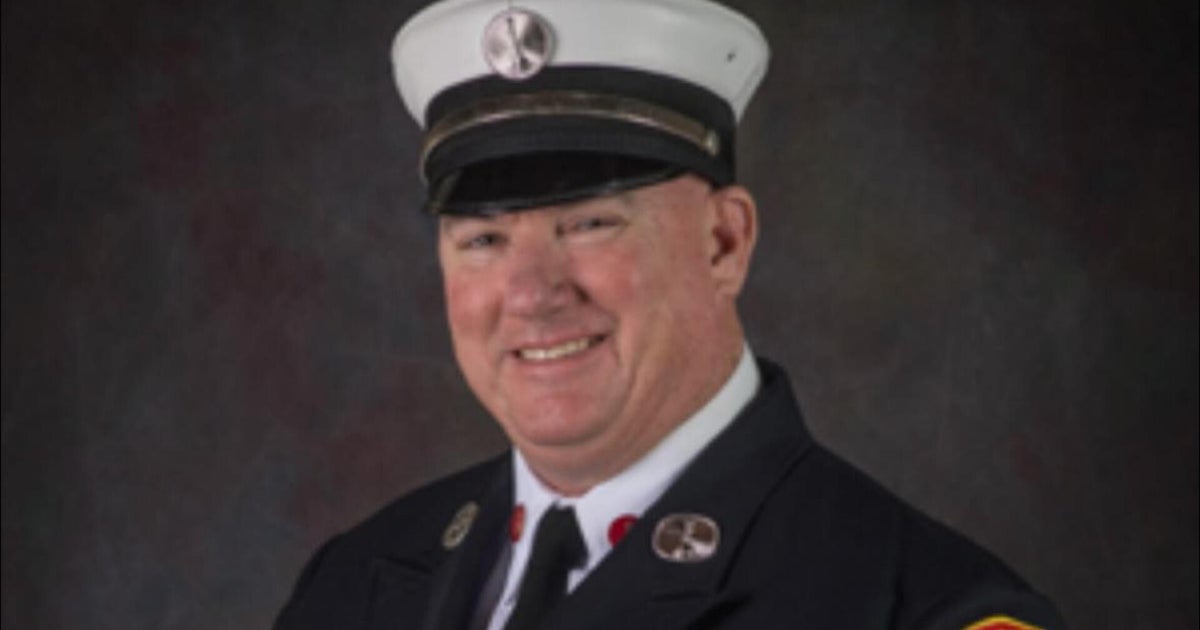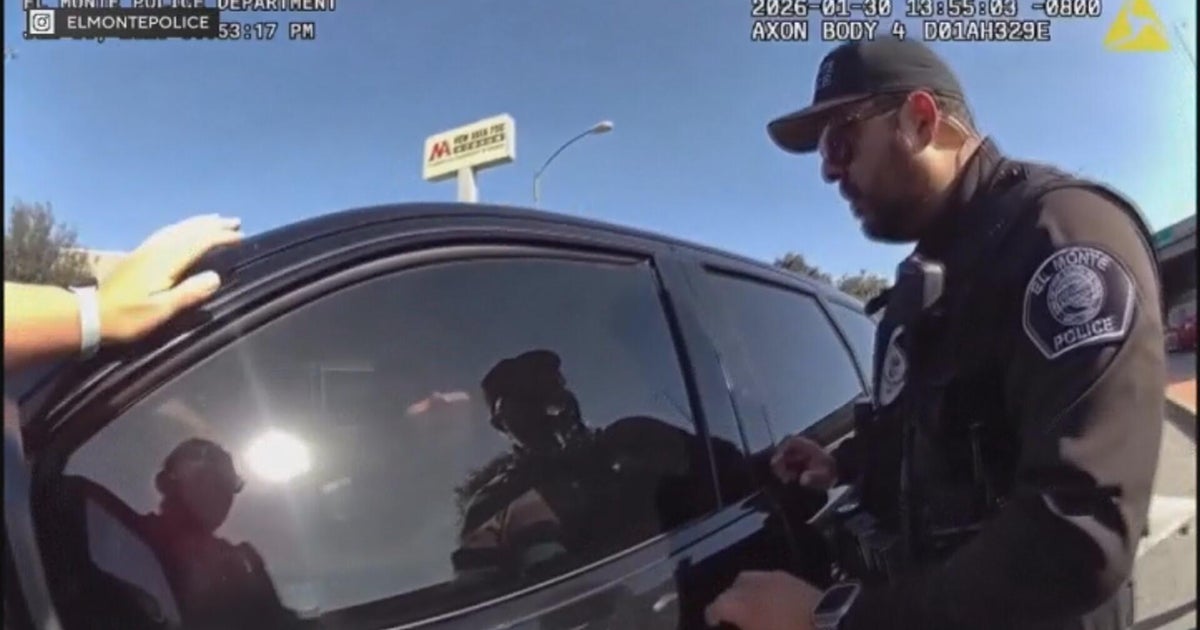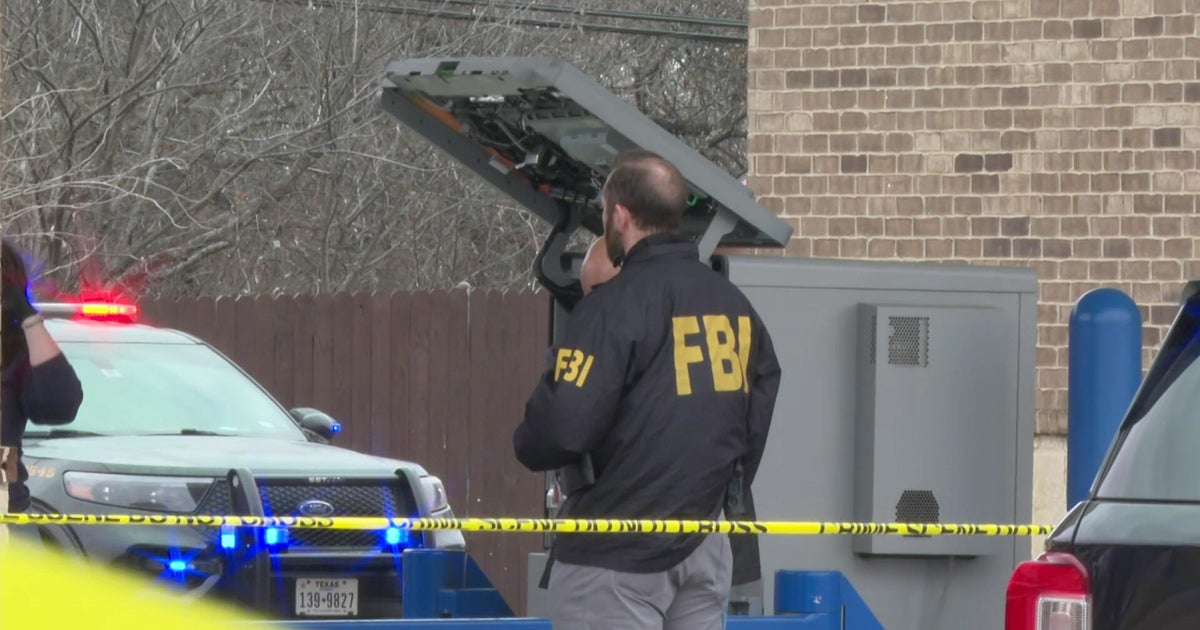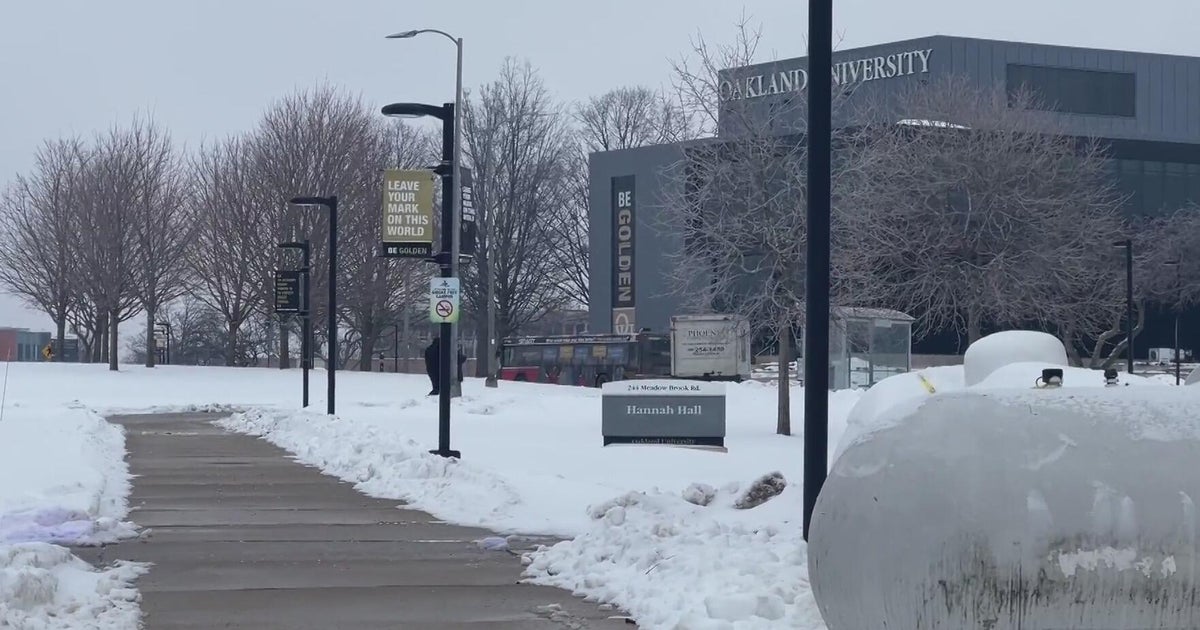Chicago Police Consent Decree: A Timeline Of The Push For Reforms
CHICAGO (CBS) -- The Emanuel administration and Illinois Attorney General Lisa Madigan have reached an agreement on a proposed court order that would govern sweeping changes at the Chicago Police Department.
The proposed court agreement comes in response to a 2017 report by the U.S. Department of Justice report that found systemic abuses of minorities by Chicago police officers, and woefully insufficient training and oversight of the force.
Chicago Police Consent Decree: A Timeline Of The Push For Reforms
The Justice Department opened a "policies and practices" investigation of the CPD in 2015, after the release of video of Officer Jason Van Dyke fatally shooting 17-year-old Laquan McDonald.
Here is a timeline of events surrounding the Justice Department investigation and the resulting consent decree:
Oct. 20, 2014: Chicago Police Officer Jason Van Dyke shoots 17-year-old Laquan McDonald 16 times while responding to reports of a person with a knife. McDonald was walking down the street holding a small folding knife while being pursued by police. The police union spokesman, Pat Camden, said at the time: "The officers are responding to somebody with a knife in a crazed condition, who stabs out tires on a vehicle and tires on a squad car. You obviously aren't going to sit down and have a cup of coffee with them. He is a very serious threat to the officers, and he leaves them no choice at that point but to defend themselves."
Dec. 8, 2014: University of Chicago law professor Craig Futterman calls for the release of squad car video of the McDonald shooting. Futterman said witnesses at the scene disputed police reports McDonald lunged at officers.
Feb. 24, 2015: Mayor Emanuel forced into April run-off election against Jesus Garcia.
Feb. 27, 2015: Lawyers for Laquan McDonald's family approach the city, seeking a settlement in the case before filing a lawsuit.
April 7, 2015: Mayor Emanuel wins second term, defeating Jesus Garcia 55.5 percent to 44.5 percent.
April 13, 2015: The U.S. Attorney's Office confirms they are investigating the death of Laquan McDonald.
April 15, 2015: City Council approves $5 million settlement with Laquan McDonald's family. The agreement requires that the video remain sealed until investigations are complete.
Aug. 5, 2015: Journalist Brandon Smith sues city to force the release of dash cam video, showing the shooting of Laquan McDonald.
Nov. 19, 2015: A Cook County Judge orders the city to release the video showing Laquan McDonald being shot by Officer Jason Van Dyke. Judge sets a deadline of Nov. 25.
Nov. 24, 2015: Chicago Police Officer Jason Van Dyke is charged with first-degree murder for shooting Laquan McDonald.
Nov. 24, 2015: A video, from a Chicago police car dash cam, is released, showing Laquan McDonald being shot 16 times. The video shows that the first shot sent McDonald on the ground as he was walking away from officers. The video prompts several days of protests in the city.
Nov. 27, 2015: Activists march on Michigan Avenue, shutting down stores on Black Friday, to protest the death Laquan McDonald, who was a ward of the state and attended Sullivan House High School.
Nov. 30, 2015: Police Supt. Garry McCarthy said his hands were tied in the case. "I couldn't fire [Jason Van Dyke]. I couldn't put him in a 'no pay' status. I couldn't discipline him. That's the law."
Nov. 30, 2015: Officer James Van Dyke, charged with first-degree murder for shooting Laquan McDonald, is released from jail after posting $150,000 bond.
Dec. 1, 2015: Mayor Rahm Emanuel forms a "police accountability" task force, a week after the city released a video showing Officer Jason Van Dyke fatally shooting Laquan McDonald.
Dec. 2, 2015: Mayor Emanuel fires Chicago Police Supt. Garry McCarthy, saying the department needs new leadership. Protesters celebrate his ouster and demand Mayor Emanuel and State's Attorney Anita Alvarez resign.
Dec. 3, 2015: Cook County State's Attorney Anita Alvarez defends her actions, explaining why it took 13 months to charge Officer James Van Dyke and denying there was an attempt to cover up the circumstances surrounding the shooting.
Dec. 4, 2015: Late in the day, the city released hundreds of pages of police reports surrounding the fatal shooting of Laquan McDonald, who was shot 16 times by Officer Jason Van Dyke. The accounts of officers at the scene differ greatly from what is seen on the dash cam video. Several officers agreed with Van Dyke that the teen was advancing toward Van Dyke in a threatening manner. The video shows McDonald walking away from the officer.
Dec. 6, 2015: The head of the Independent Police Review Authority, the panel tasked with investigating police misconduct, resigns. Scott Ando is to be replaced by Sharon Fairley.
Dec. 7, 2015: The U.S. Justice Department announces a civil rights investigation into Chicago Police Department practices, including use of force and its handling of misconduct complaints against officers.
Dec. 9, 2015: At a special city council meeting, Mayor Rahm Emanuel apologizes for not dealing with the problems in the Chicago Police Department sooner. More protests erupt in the Loop, with a few hundred demonstrators demanding that the mayor resign.
Dec. 17, 2015: Mayor Rahm Emanuel meets with Justice Department officials as the feds launch their civil rights probe of the Chicago Police Department's "policies and practices" regarding the use of force.
Dec. 30, 2015: Mayor Rahm Emanuel announces plans to change tactics and training regarding the use of force at the Chicago Police Department "to create more time and distance" in tense situations.
April 13, 2016: A city task force issues a report finding the Chicago Police Department is plagued by systemic racism, and asserting the police union's contract is a major obstacle to change.
Oct. 5, 2016: The Chicago City Council votes 39 to 8 to approve a new agency tasked with investigating police misconduct. The new Civilian Office of Police Accountability will replace the Independent Police Review Authority.
Jan. 13, 2017: A week before the Obama administration leaves office, Attorney General Loretta Lynch releases a Justice Department report taking the Chicago Police Department to task for systemic violations of civil rights, finding officers regularly have used excessive force and discriminated against minorities.
April 4, 2017: Attorney General Jeff Sessions issues a memo calling into question whether the Justice Department will monitor reforms at the Chicago Police Department. Sessions says local law enforcement should be responsible for determining the best practices for policing, not the federal government. Mayor Rahm Emanuel and Chicago police brass say reforms should move forward with or without a federal consent decree.
May 17, 2017: The Chicago Police Department finalizes new rules regarding the use of force, aiming to focus on conflict de-escalation to prevent loss of life.
Aug. 29, 2017: Illinois Attorney General Lisa Madigan and Mayor Rahm Emanuel announce an agreement clearing the way for federal court oversight of police reforms. Madigan files a federal lawsuit to force court supervision of changes in police training, discipline, oversight, and use of force.
July 27, 2018: Illinois Attorney General Lisa Madigan and Mayor Rahm Emanuel announce a proposed consent decree regarding police reforms. The public has 21 days to respond before court hearings to decide if a judge will approve the plan.
MORE: Consent Decree: What Is It and What Should Chicago Expect?
MORE: Consent Decree Released By Chicago Police Department: 5 Fast Facts
